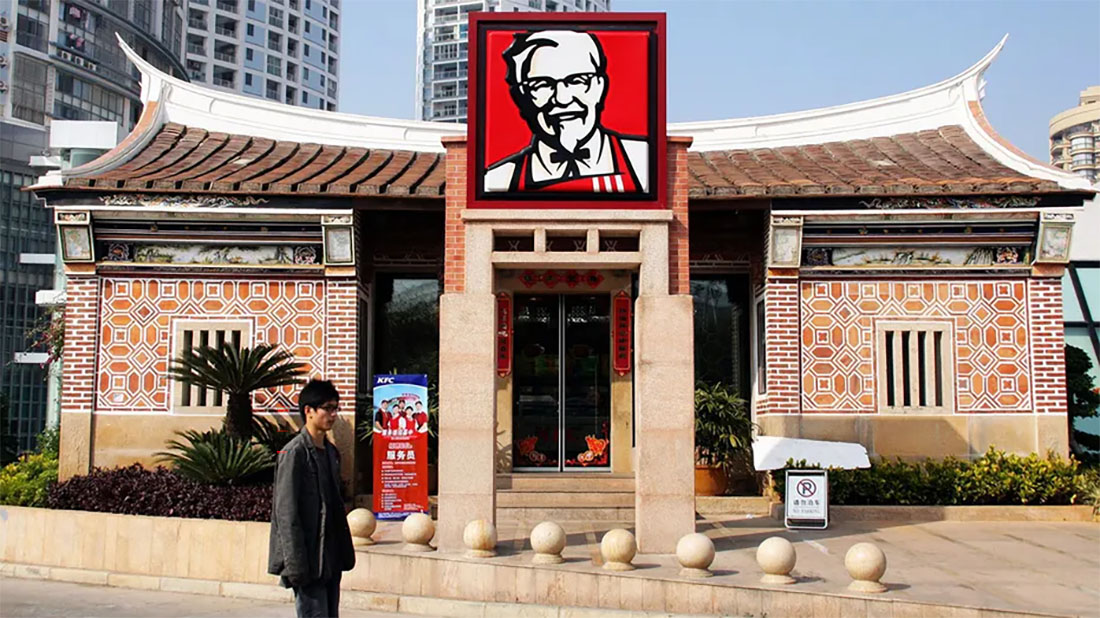Photo Credit: Getty Images
Fast-food giant KFC is undergoing a significant corporate transformation. The company is relocating its U.S. headquarters from Louisville, Kentucky, to Plano, Texas. This move signals a strategic shift designed to leverage a business-friendly environment and modern office space needs. The decision reflects evolving industry trends and the changing dynamics of corporate operations.
Yum Brands, KFC's parent company, announced the relocation in a detailed statement. Approximately 100 corporate employees must move to the new campus in Plano. In addition, nearly 90 remote workers are expected to transition to on-site roles. "These changes position us for sustainable growth and will help us better serve our customers, employees, franchisees and shareholders," stated David Gibbs, CEO of Yum Brands. This restructuring aligns with similar moves across the industry.
Historically, KFC has been synonymous with Kentucky heritage. Since Colonel Harland Sanders first sold fried chicken in the 1930s, the brand has grown into a global icon with more than 24,000 restaurants across 145 countries. The company's roots have long been intertwined with the state's culture.
Governor Andy Beshear of Kentucky voiced his discontent with the decision. "I am disappointed by this decision and believe the company's founder would be, too," he commented. His remarks underscore the emotional and cultural ties between the brand and its original home.
The corporate shift is part of a broader strategy by Yum Brands. The company plans to establish two headquarters: one in Plano for KFC and Pizza Hut, and another in Irvine, California for Taco Bell and Habit Burger & Grill. This dual-headquarters model aims to boost collaboration among employees while streamlining operations. A report by CBRE noted that many U.S. companies have moved to Texas due to favorable tax policies and supportive business climates. The trend has accelerated since the Covid-19 pandemic, prompting many employers to reassess their office space requirements.
Despite the move, Yum Brands is not abandoning Kentucky entirely. The company will maintain its corporate offices and the KFC Foundation in Louisville. Plans are also underway to construct a new flagship restaurant in the state. These actions serve to honor the legacy of KFC while embracing future growth opportunities.
The relocation marks both an end and a beginning. It represents a departure from long-held traditions while setting the stage for modernization. The shift reflects broader economic trends and a reimagining of corporate structures. KFC's move underscores the balance between honoring heritage and pursuing strategic advancement for sustained global success.


